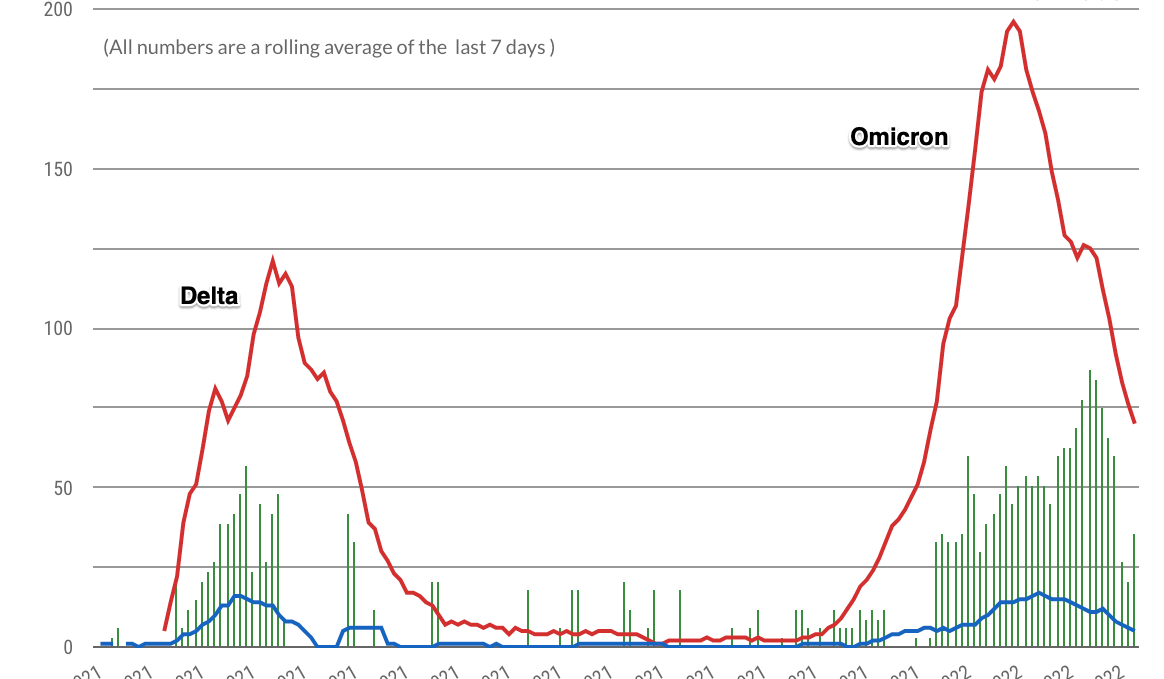What does the success of the NHS app tell us about other EN apps?
Q: What does the success of the NHS app tell us about other EN apps?

|
 |
 |

 UArizona has been testing the Covid Watch App in real-world scenarios on campus since July.
UArizona has been testing the Covid Watch App in real-world scenarios on campus since July.
Q: What does the success of the NHS app tell us about other EN apps?


When driving a car stepping on the accelerator makes the car go faster. Stepping on the brakes makes the car slow down & stop. This happens almost...
